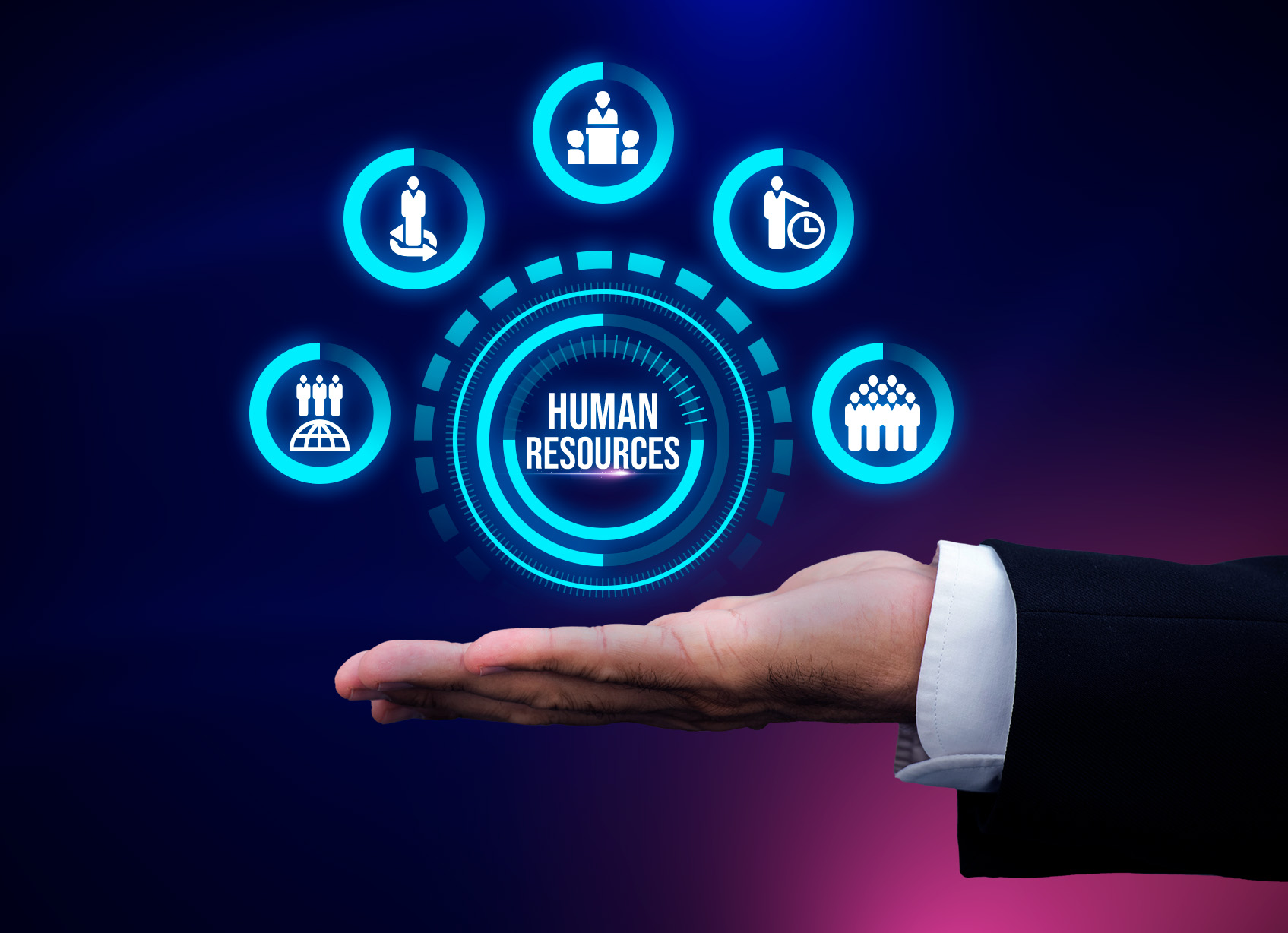
In the digital age, the role of technology in shaping and enhancing various aspects of business operations is undeniable. Human Resource Management (HRM) is no exception, as technology continues to revolutionize how organizations attract, develop, and manage their workforce. This blog explores the profound impact of technology on HRM, highlighting the innovative tools and strategies that are transforming traditional HR practices.
1. Recruitment and Talent Acquisition:
Technology has revolutionized the way companies identify and attract top talent. Automated applicant tracking systems (ATS) streamline the recruitment process by managing applications, sorting resumes, and facilitating communication with candidates. Additionally, online job boards, social media platforms, and professional networking sites provide powerful channels for reaching a diverse pool of candidates.
2. Data-Driven Decision Making:
The era of big data has ushered in a new age of data-driven decision-making in HR. HR analytics tools allow professionals to analyze large sets of workforce data, providing valuable insights into employee performance, engagement, and retention. These insights empower HR leaders to make informed decisions that align with organizational goals.
3. Employee Onboarding and Engagement:
Technology plays a pivotal role in enhancing the onboarding experience for new employees. Digital onboarding platforms facilitate a smoother transition, providing access to essential information, training modules, and organizational resources. Additionally, engagement tools, such as employee surveys and feedback platforms, enable HR teams to gauge employee satisfaction and address concerns in real time.
4.Learning and Development Platforms:
E-learning platforms and learning management systems (LMS) have transformed employee training and development. These platforms offer personalized learning paths, allowing employees to acquire new skills at their own pace. Technology-driven training programs contribute to a culture of continuous learning, fostering professional growth and adaptability.
5.Performance Management Systems:
Traditional performance appraisals are evolving with the integration of technology. Performance management systems provide a real-time and holistic view of employee performance, enabling timely feedback and recognition. These systems often incorporate goal-setting features, fostering alignment between individual and organizational objectives.
6. Remote Work and Collaboration Tools:
The rise of remote work has been accelerated by technology, and HRM has adapted to support distributed teams. Collaboration tools, video conferencing platforms, and project management software enable seamless communication and collaboration among remote employees. HR professionals leverage these tools to maintain connectivity and ensure a positive employee experience, regardless of location.
7. HR Chatbots and Virtual Assistants:
HR chatbots and virtual assistants are transforming employee interactions with HR departments. These AI-powered tools can handle routine queries, provide information on HR policies, and assist with benefits enrollment. By automating routine tasks, HR professionals can focus on more strategic and value-added initiatives.
8. Employee Wellness and Well-being Apps:
Employee well-being is a growing focus for HR, and technology is playing a role in promoting a healthy work-life balance. Wellness apps and platforms offer resources for stress management, fitness tracking, and mental health support. These tools contribute to a holistic approach to employee well-being.
9. Compliance and Security:
Technology ensures that HR processes adhere to regulatory compliance and security standards. HR software often includes features that help manage and monitor compliance with labor laws, data protection regulations, and other legal requirements. This ensures the protection of sensitive employee information and mitigates legal risks.
10. Succession Planning and Talent Development:
HR technology aids in succession planning by identifying high-potential employees and creating talent development plans. Succession planning tools allow organizations to nurture future leaders, ensuring a smooth transition during periods of organizational change or leadership turnover.
Conclusion:
The role of technology in HRM is transformative, reshaping how organizations manage their most valuable asset—their people. From recruitment to employee development and well-being, technology has become an integral part of the HR landscape. As organizations continue to embrace innovative solutions, HR professionals will play a pivotal role in leveraging technology to create a more agile, efficient, and people-centric workplace.

